Like all of us, Alison Mosshart has gone a little stir crazy.
As the COVID-19 pandemic rages on, these past few months in quarantine have been frustrating for even the most unadventurous homebodies. For someone used to spending a large chunk of her life on the road — which Mosshart does, as the frontwoman of The Kills and a member of supergroup The Dead Weather — it’s unbearable.
“I did pretty good the first four months in Nashville,” she insists. “I kept really busy, and I was working on stuff, and a lot of releases were coming out. And so I was doing a lot of interviews. So it’s been lucky, I had a built-in system of, ‘Don’t worry, you’re going to be really busy every fucking second anyway, it’s fine.’ I had that, without going mad.”
“And then I started to go mad,” she quickly adds.
Her solution? A cross-country road trip to California for a much-needed change of scenery and some fresh perspective. “That was just a great experience, after just not seeing anything but four walls for so long,” she says. “Just to take that tiny bit of control in a really fucked-up situation and drive across the country and see the country. Of course, everything’s different and it’s not like a normal road trip, but it was wonderful. And I recommend the great American road trip to anybody right now that’s starting to lose the plot a little bit, because there’s ways of doing it really safely. And it does feel really good just to bomb down the highway for sure. But the world is beautiful. When you’re driving, you’re like, ‘It’s beautiful out here.’ It really helps your head.”
In many ways, now is the perfect time for her latest projects to enter the world. While many Americans’ cars have become lifelines, offering a means of escape and a tiny shred of normalcy in these uncertain times, Mosshart’s new book Car Ma — a collection of poetry, paintings, photography and short stories all centered around her love of automobiles — and Sound Wheel, the spoken-word album it inspired (both out today via Third Man), serve as love letters to the open road. But while Mosshart has always had a deep affinity for car culture, she never imagined she’d be putting together such an extensive work about the subject.
“I did an art show in L.A. in 2018, and I was painting it with a friend of mine, and it was going to be, like, very L.A.,” she explains. “We just thought, ‘Well, let’s just get inspired by the city, the studio, where we’re at, what we’re doing.’ And the show, on my end, ended up having just a million cars in it. So, I mean, I just kept painting them, and after that show ended, the woman that runs that gallery, she was like, ‘Oh, there’s a project to make a fanzine, and it’s car-based, and a bunch of artists are doing it. It’s a 15-page fanzine thing. Would you be interested in making one?’ And I was like, ‘Yeah, that sounds like fun.’ I was back in Nashville at that point, and I started to make this fanzine. And I don’t know what happened. I literally looked up and it was like 112 pages.” She laughs. “I was like, ‘Oh, damn, I don’t think it’s a fanzine. I think it’s a book.”
Sound Wheel was another happy accident, a natural extension of her writing process. “When I was writing the book, certain passages were quite long,” Mosshart explains. “I would get stuck on things and not know if it was moving the way it should move, or feeling the way it should feel, or if what I was trying to say was coming across. And so I started recording myself reading it, and recording myself just riffing, talking to a Dictaphone. And that was such a fun exercise that when I was in the meeting at Third Man and talking about putting the book out, I was just sitting there like, ‘Why don’t we do the spoken word record? What do you guys think?’ And they’re like, ‘Yeah.’ And so that was it. I immediately just went back and just got obsessed with recording the book. I wanted to record the book. And it just changed out of all recognition. Now I don’t know if it’s a spoken word record. I don’t know what the hell it is.”
“This whole project has been like, the one thing becomes the other thing, becomes the other thing, and now it’s this thing, and now it’s that thing,” she continues. “And I think that’s a good sign. I like it. Even now I can’t stop making little films for the spoken word bit. Now I want to see them in a moving picture. So I don’t know where this is going to end.”
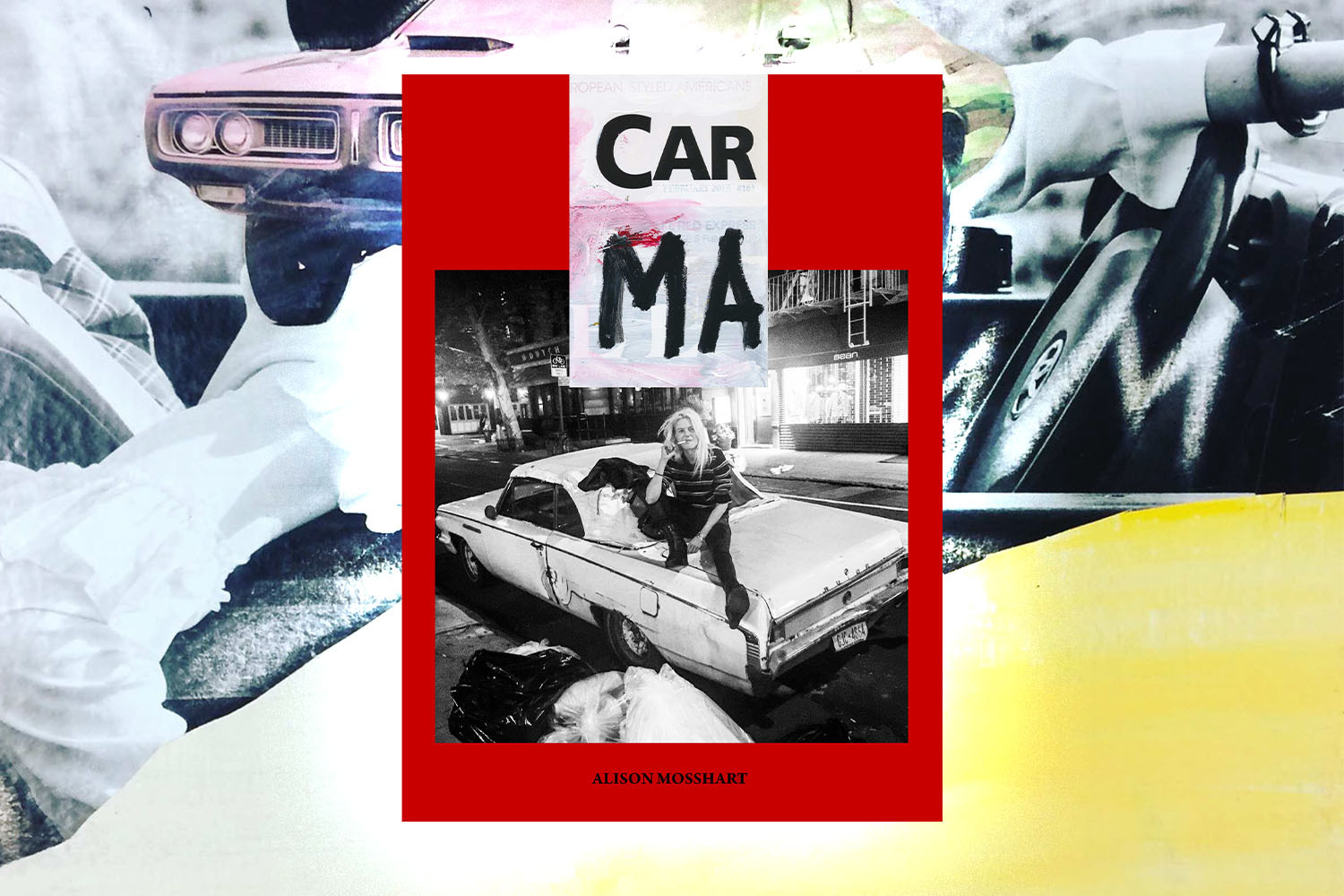
Judging from how strong her love of cars is, it’s possible it’ll be a lifelong endeavor. Mosshart’s father is a used car dealer — “He has been since I was born,” she notes — so her passion for anything with four wheels and an engine began at an early age, long before she could actually drive.
“It’s cars and it’s also the freedom that a car provides, that movement,” she explains. “I grew up around cars, conversations constantly about cars, different cars in my driveway every day growing up. When you’re surrounded by those things, [you develop] an opinion about them, and you get excited about certain ones and not excited about other ones. When a cool ’70s muscle car shows up, it’s like a holiday. When a minivan turns up, you’re like, ‘I’ll just be in my bedroom. It’s fine.’ So I was surrounded by it, and I couldn’t get my driver’s license fast enough. And I started touring when I was 14, so then there’s all that movement. And even growing up, my parents, when I would get out of school the last day of school in a year when I was young, my dad would buy some van or some RV or something, whatever, anything, and we would just drive. We would just drive for three months around the country until I had to go back to school. I’ve always been obsessed with car culture and the freedom of it. It’s sexy, and it’s freeing, and it’s great to be able to just drive a million miles down the road without a destination. There’s something so cinematic about it.”
Those three-month road trips as a kid prepared her well for life as a touring musician, and Car Ma is full of photos she snapped during her many cross-country trips with bandmate Jamie Hince as The Kills. One piece in the book, “Sonic States of America,” chronicles their first ever stateside tour and what it was like to introduce Hince, who is English, to the country’s large stretches of highway. (“Seeing America through your eyes was like seeing America for the first time,” she writes. “Everything looked loaded and wide open. New colors were being invented 24/7.”)
“It would be like a wording on a sign, or just the way certain things looked, or the way that things were being advertised, or the way that wait staff behave in a restaurant,” she says. “All this stuff that is totally normal, I’ve grown up with, I just don’t see it, I see right through it, right past it, because it’s just normal. And he’s very funny, Jamie. So his perception and what he’s seeing, and then the way he decided to describe it to me, is pretty great. And it really was like seeing America for the first time. It was a big, gigantic comedy.”
“It was also really exciting and beautiful, because it was our first tour, and we were traveling in a two-door car with amps in our lap,” she recalls. “It was a crazy situation, and we did it for three months. We went around and around this country, and we were playing to three people. And then by the end, we were playing to 50 people, and it felt like this great achievement. It was an absolute dream. It really was. And so I thank him for reintroducing me to a country that I grew up in, was born in, and have lived in my whole life. It was really cool.”
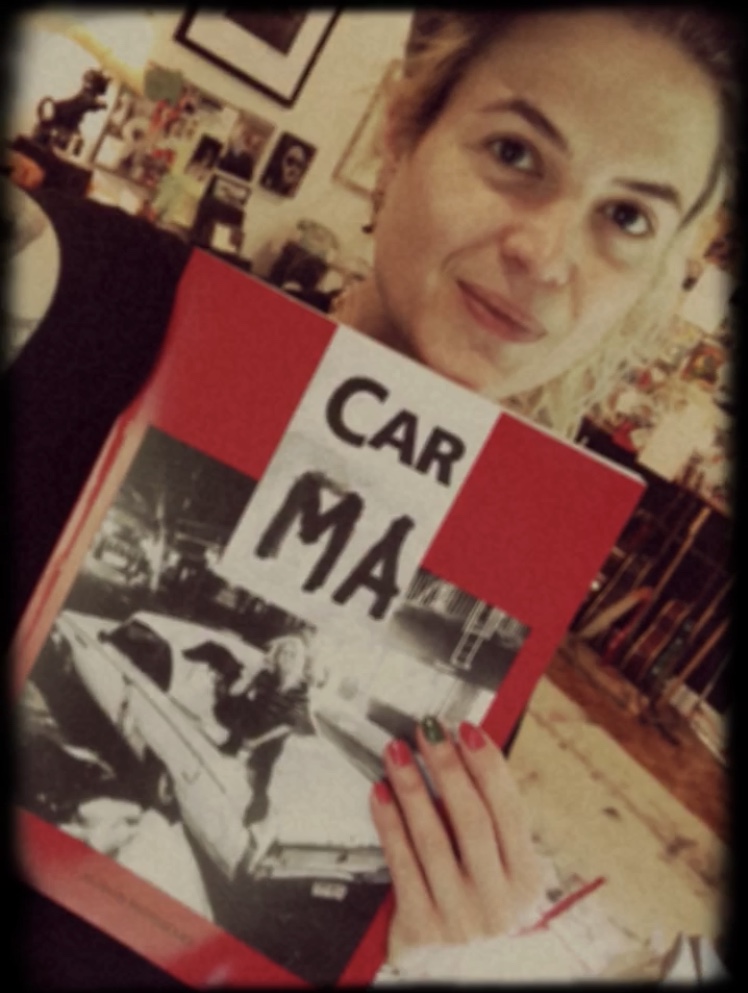
Much of Car Ma is culled directly from Mosshart’s experiences growing up around car dealerships or driving around on tour, but she also inhabits all sorts of characters, like in the story “The Electric Sads,” set in Inglewood, California (in “any neighborhood with brutal white light”), where two women are discussing their neighbor’s Prius. “They know I get all the sad feelings about it,” one complains. Naturally, I have to ask: Is there a car that gives Mosshart those sad feelings?
“Priuses,” she says with a laugh. “So many of my friends drive them. My mother drives one. I am that horrible character in that, because I get so mad that I can’t hear them. I think it’s so dangerous and they’re going to run people over and I just don’t understand why they can’t make it have a sound, a fake sound, something. It’s so creepy. It’s so fucking creepy how quiet those cars are. And so are Teslas. Those at least look better and go faster, but I’m like, ‘Guys, it’s just got to make a sound.’ It messes with my mind. It really messes with my mind. I’m sure that the generations under me will be like, ‘That’s normal, cars don’t make sounds,’ but I’m still one of those people that really pays attention when I cross the street, I like to hear things coming. And I can’t hear it. And I hate the design of the Prius, I hate the shape of it. I hate that you are inside, it’s like being in a big glass ceiling where the sun just beats you up inside. I’m pretty mad when I have to go for a ride in one. Obviously you can tell it really fires me up.”
Of course, these days, even a ride in a Prius would be a welcome distraction from the confines of quarantine. But Mosshart has stayed busy during the pandemic, even picking up a new skill set. When the time came to release a video for her new solo single “Rise,” she was forced to get creative, teaching herself video editing and cutting together its music video on her own.
“That was really fun,” she says. “That was just a huge learning curve. I’d never done that before. Lockdown came, and about a week before lockdown happened, the record label had reached out to me and said, ‘Hey, what do you want to do about the video? Who do you want to work with? What would you like to do?’ Well, a week later it was lockdown, so I didn’t have a choice. If there was going to be a video, it was going to be me making it, really.”
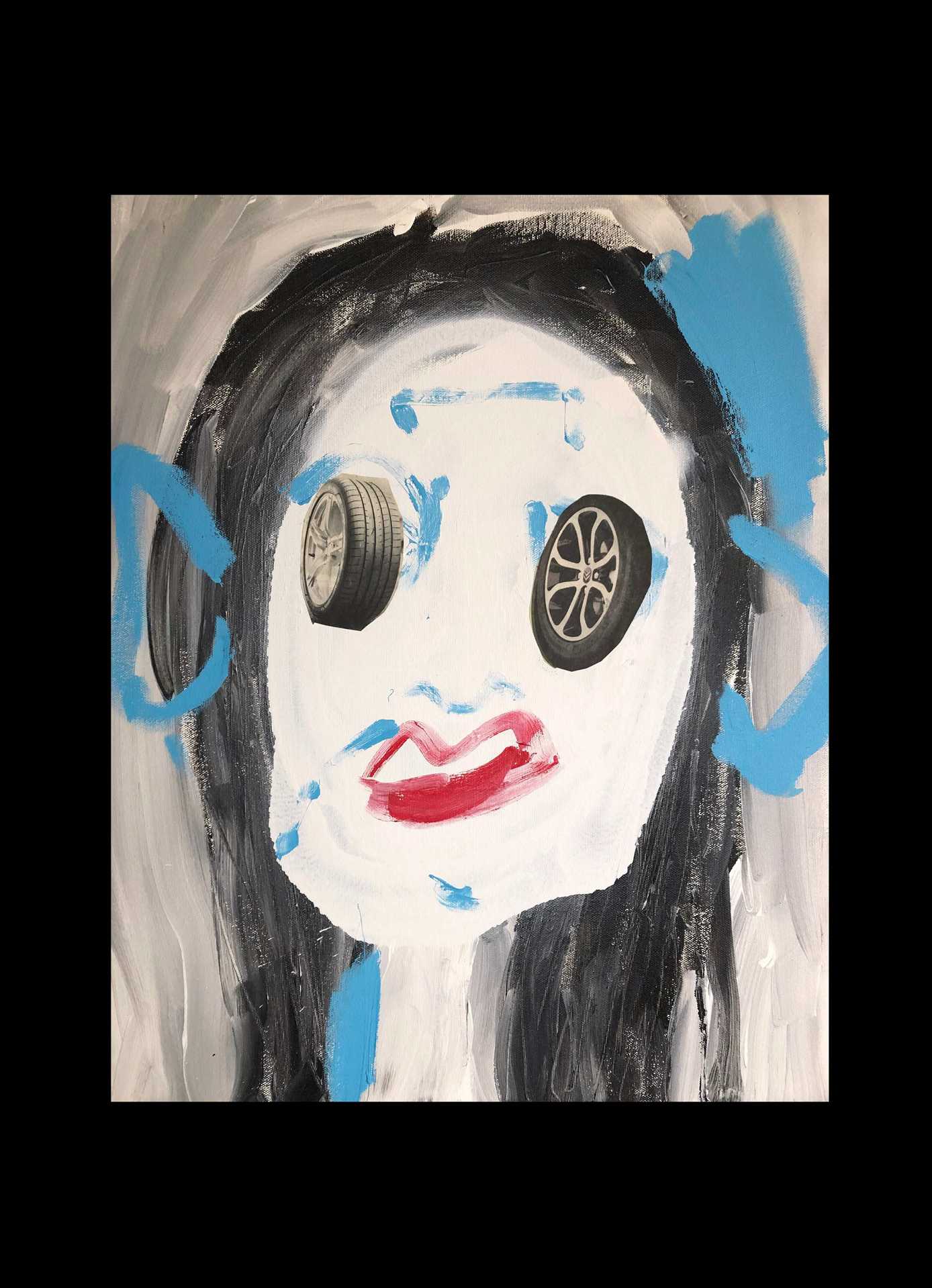
Mosshart says she and Hince are currently working on a new Kills record, but she admits that the pandemic has complicated the process. “It’s very hard to be creative when everything is up in the air,” she says. “We’re all used to living on deadlines and knowing that we’ve got a tour booked, or a thing that we need to be at, and so a studio booked and all these things. And because you can’t plan anything, it’s like the endless creative period, which I don’t think is that good for anybody’s mind. But that’s what we’re doing, that’s where we’re at. We’re writing music all the time, and we’re trying to finish that record so that when we can go into a studio and we can start planning our lives again, and we’ll be ready. That’s basically the best I think anyone can do right now, is to get yourself ready for whenever everyone is ready.”
Mosshart and Hince are not only ready to get back on a stage whenever live music can safely return — they’re itching to. But Mosshart says she also misses simply being able to attend a concert.
“It’s a really weird thing,” she says with a sigh. “It’s pretty depressing. It’s pretty strange. Because part of creativity and inspiration is going to see music and having social interactions. It is what makes art. It is what inspires you to run home and work. It’s all part of being able to relate to people and making art that is about us, about people, about human nature. It’s very strange when you take human nature out of it, or events, or any social interactions, or inspiring things that you’re witnessing. It is really, really challenging. It’s just like, what the hell? It sucks, man.”
Until things finally return to normal, she’s at least got the ability to hop in her car to escape the monotony, clear her head and wait for inspiration to strike.
“My mind feels very good when I’m driving,” she says. “And ideas seem to constantly come … Work just is — I think it’s magic dust. It comes out of the air when it comes, and you have to be there to receive it.”
This article was featured in the InsideHook newsletter. Sign up now.
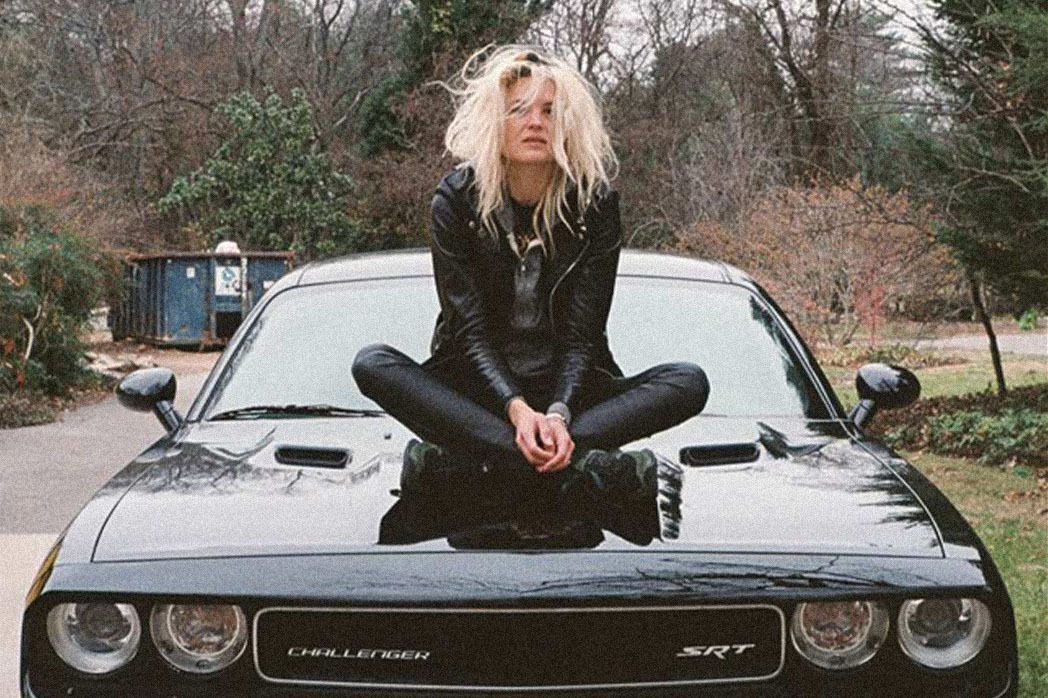









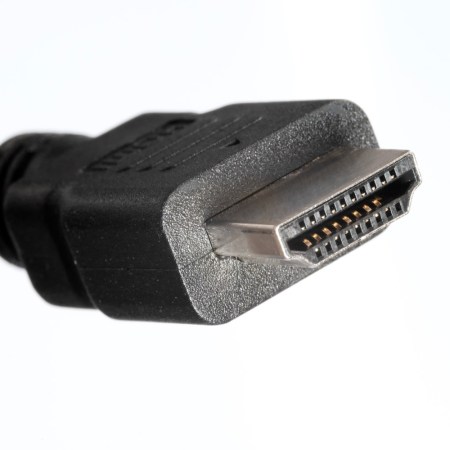








![[L-R] Bill Berry, Michael Stipe, Mike Mills and Peter Buck of R.E.M. at the Aragon Ballroom in Chicago, Illinois on July 7, 1984.](https://www.insidehook.com/wp-content/uploads/2024/12/rem-book-interview.jpg?resize=750%2C750)




